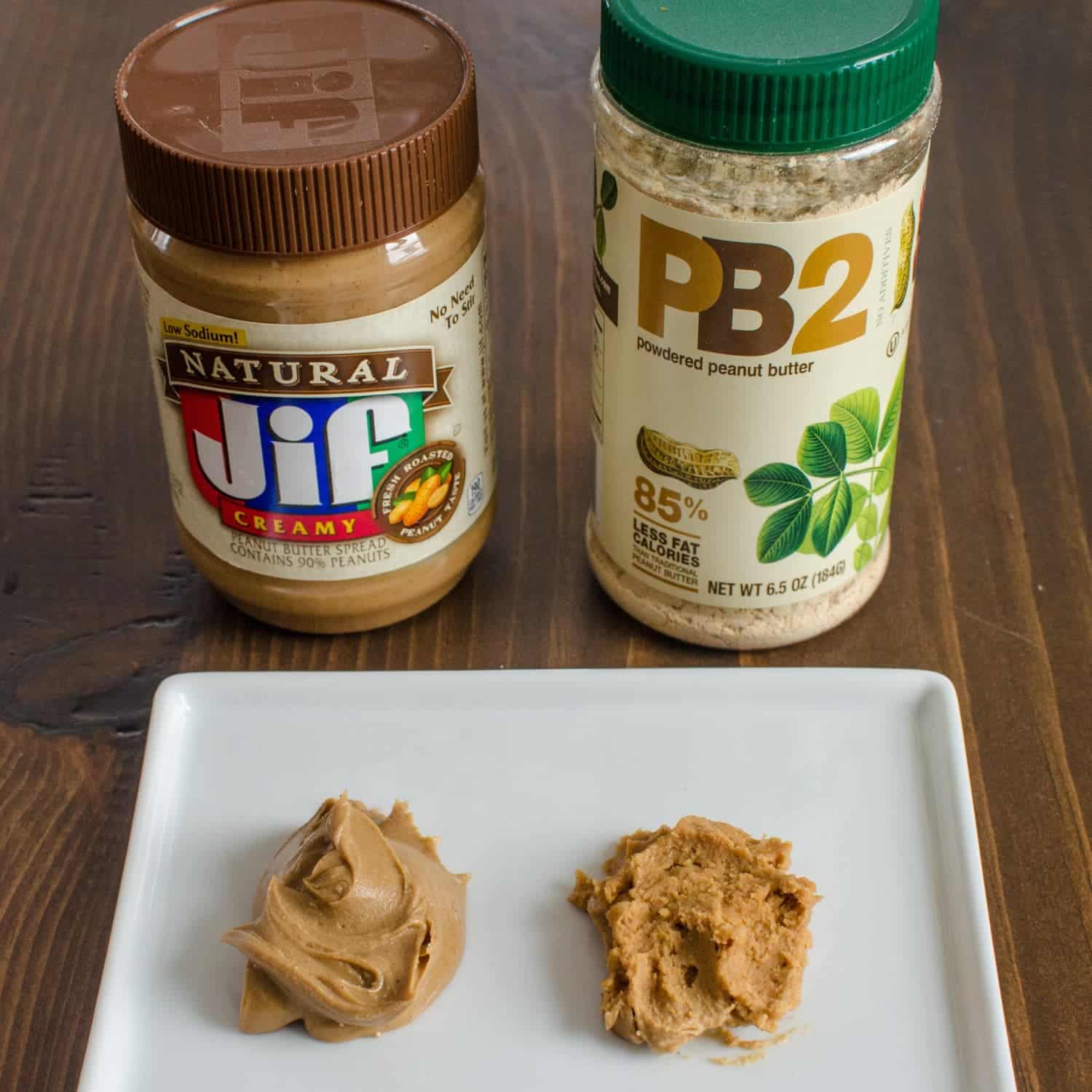Unlocking the Nutritional Power: How Much Protein Is in 1 Spoon of Peanut Butter?
Peanut butter is a beloved and versatile spread enjoyed by many around the world. Beyond its delicious taste and creamy texture, peanut butter also boasts a variety of nutritional benefits. One important aspect that health-conscious individuals often consider is the protein content in foods. In this article, we'll delve into the nutritional details and answer the question: How much protein is in 1 spoon of peanut butter?

Protein in spoon peanut butter
1. Introduction to Peanut Butter and Protein
Peanut butter is derived from roasted peanuts and is known for its high content of healthy fats, protein, and essential nutrients. It's a popular choice for adding flavor and nutrition to a range of dishes.
2. The Nutritional Breakdown of Peanut Butter
2.1 Protein: The Building Block of the Body
Protein is a crucial macronutrient that plays a vital role in building and repairing tissues, supporting immune function, and maintaining healthy skin, hair, and nails. It's essential for overall health and well-being.
2.2 Protein Content in Peanut Butter
A typical serving of peanut butter is about 2 tablespoons. In one tablespoon of peanut butter (approximately 16 grams), you can expect to find around 3-4 grams of protein. Therefore, in 1 spoon of peanut butter, which is roughly half a tablespoon, you'll likely get about 1.5-2 grams of protein.
3. Benefits of Protein in Peanut Butter
3.1 Satiety and Weight Management
Protein is known to provide a feeling of fullness and satiety, which can aid in managing appetite and preventing overeating. Including peanut butter in your diet can help you feel satisfied and curb unnecessary snacking.
3.2 Muscle Recovery and Growth
For those who engage in physical activities, protein is essential for muscle recovery and growth. Adding peanut butter to post-workout snacks can contribute to muscle repair and adaptation.
4. Incorporating Peanut Butter into Your Diet
4.1 Spread on Toast
One of the simplest ways to enjoy peanut butter is by spreading it on whole-grain toast. This quick and easy snack provides a balance of carbohydrates, protein, and healthy fats.
4.2 Smoothies and Shakes
Peanut butter can be a delightful addition to smoothies and shakes. Its creamy texture and nutty flavor complement various fruits and vegetables, creating a nutrient-packed beverage.
4.3 Dipping and Dressing
Peanut butter can be transformed into a savory sauce for dipping or dressing. When combined with soy sauce, ginger, and a touch of honey, it becomes a delectable dip for vegetables or a zesty dressing for salads.
5. Choosing the Right Peanut Butter
5.1 Natural vs. Processed
When selecting peanut butter, consider opting for natural varieties that contain minimal additives, preservatives, and added sugars. These options often have a higher content of healthy fats and protein.
5.2 Reading Labels
Be sure to read the nutrition label to understand the specific protein content in the peanut butter you choose. Some brands may have slightly different protein levels based on their processing methods.

2 spoon peanut butter
In a single spoon of peanut butter, you'll find a modest yet valuable amount of protein—around 1.5 to 2 grams. While it may not be an exceptionally high source of protein, peanut butter offers a host of other nutritional benefits, including healthy fats, vitamins, and minerals. Whether you're enjoying it on toast, adding it to smoothies, or using it in savory dishes, peanut butter can be a delicious and versatile addition to your diet. Remember that a well-rounded diet incorporates a variety of protein sources, and peanut butter can certainly play a role in that spectrum.